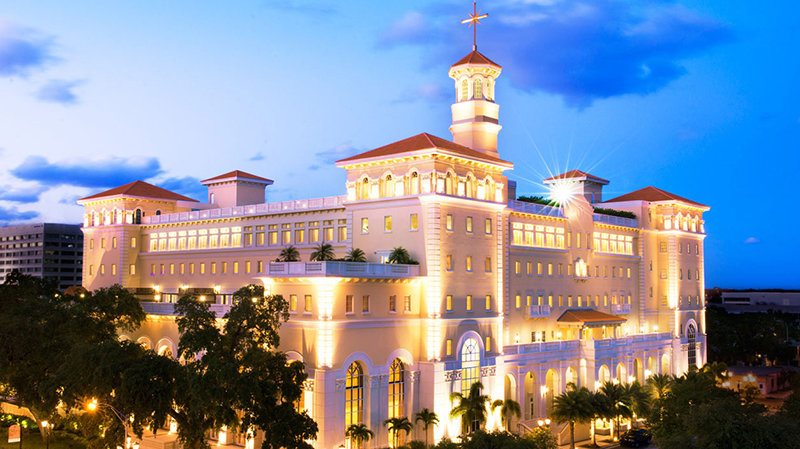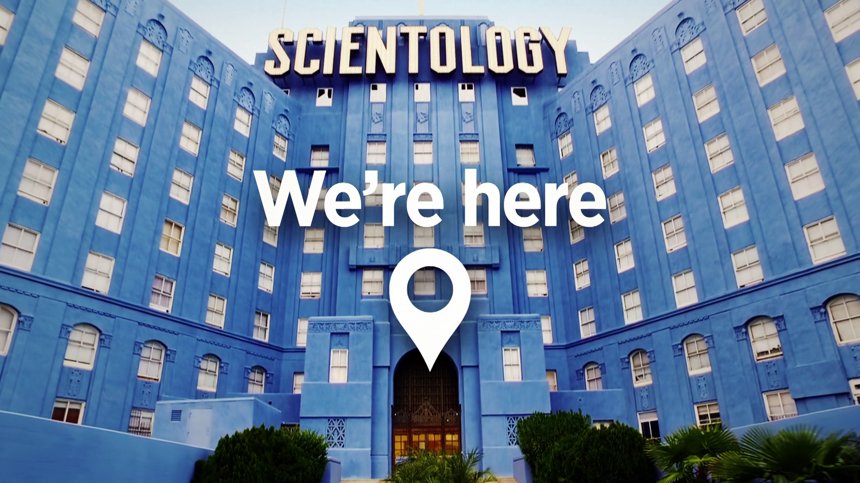Exploring the Church of Scientology: Its Goal and Global Visibility
Exploring the Church of Scientology: Its Goal and Global Visibility
Blog Article
The Truth Regarding the Church of Scientology Revealed
The Church of Scientology has long been a topic of both attraction and conflict, with its beginnings dating back to the mid-20th century. As we begin to unravel the fact regarding the Church of Scientology, a clearer photo emerges, revealing a story that is as interesting as it is controversial.
Origins and Establishing
The Church of Scientology was established in 1954 by sci-fi author L. Ron Hubbard. Hubbard at first developed a self-help system called Dianetics, which later on developed right into what is currently referred to as Scientology. The beginnings of Scientology trace back to Hubbard's dissatisfaction with traditional psychotherapy approaches and his belief in the potential for individuals to overcome previous injuries and accomplish spiritual knowledge.
Hubbard's mentors focused around the idea of thetans, never-ceasing spiritual beings offer in all people, and the practice of auditing, a type of counseling aimed at revealing and dealing with past injuries (Scientology Johannesburg). These principles formed the foundation of Scientology, which Hubbard referred to as a religious beliefs that supplied a course to self-discovery and personal development
The Church of Scientology quickly acquired fans, with Hubbard establishing the very first main Church of Scientology in Los Angeles. For many years, the company expanded globally, drawing in both devoted followers and critics that elevated worries about its methods and ideas. Regardless of conflicts surrounding its methods and origins, Scientology remains to be a considerable religious activity with a visibility in different countries around the globe.

Ideas and Practices
With an emphasis on spiritual knowledge and personal growth, Scientology's practices and ideas rotate around attaining and revealing past traumas self-discovery with the concept of thetans and the practice of auditing. Thetans, according to Scientology doctrine, are immortal spiritual beings that exist within each individual.
Bookkeeping includes an one-on-one session in between an experienced auditor and a Scientologist. Throughout these sessions, the auditor guides the person with a series of workouts and inquiries designed to help them confront and solve their previous traumas. By doing so, Scientologists think they can attain spiritual knowledge, improve individual growth, and reach their full capacity as souls. The practice of bookkeeping is main to the beliefs and techniques of Scientology, stressing self-discovery and the pursuit of a greater state of presence.
Objections and debates
Amidst public examination and discussion, the Church of Scientology has dealt with a multitude of objections and conflicts regarding its methods and effect on culture. One significant point of opinion rotates around the organization's supposed monetary techniques, with accusations of exorbitant charges for solutions and hostile fundraising strategies - Church of Scientology. Doubters have actually also increased problems concerning the Church's strict hierarchical structure, which some former members declare cultivates a society of control and manipulation
Furthermore, the Church of Scientology has gone through extensive objection Go Here for its therapy of participants, consisting of claims of compelled labor, emotional misuse, and the technique of disconnection, where members are motivated to sever ties with household and close friends critical of the Church. These methods have actually caused different legal difficulties and examinations in several nations, casting a shadow over the Church's credibility.
Furthermore, the Church's aggressive lawful techniques against critics and media electrical outlets have sparked debates concerning freedom of expression and the limits of religious defense. These disputes have significantly designed public understanding of the Church of Scientology and continue to sustain continuous discussions concerning its legitimacy and effect on culture.
Leadership and Framework
How does the leadership structure of the Church of Scientology influence its operations and decision-making procedures? The Church of Scientology is recognized for its hierarchical management model, which is centralized around the authority of its leader, presently David Miscavige. As the Chairman of the Board of the Religious Innovation Facility, Miscavige holds considerable power within the organization. This central management structure enables fast decision-making and consistent enforcement of plans across the church's numerous branches worldwide.
At the neighborhood level, Scientology runs with specific churches and objectives, each with its own collection of leaders responsible for overseeing operations within their corresponding areas. These leaders are entrusted with executing the directives stated by the main leadership while likewise resolving the specific needs of their churchgoers.
While this hierarchical framework can improve operations and make certain adherence to the church's doctrines, it has also run the gauntlet for potential abuses of power and absence of openness. Understanding the leadership and structure of the Church of Scientology is critical in understanding exactly how the company features and the characteristics at play within its ranks.
Influence and Influence
What considerable results does the leadership framework of the Church of Scientology carry its members and exterior stakeholders? The hierarchical leadership framework within the Church of Scientology exerts a Our site profound impact on its participants and external stakeholders. Participants are typically based on strict control and surveillance, with considerable stress to conform to the practices and beliefs determined by the management. This can result in a loss of individual freedom and crucial reasoning abilities, as individuals are expected to unquestioningly adhere to the directives established forth by the company's leaders (Scientology South Africa).
Externally, the Church of Scientology's management framework can have a polarizing result on stakeholders. Generally, the management framework of the Church of Scientology plays a considerable duty in forming the experiences and perceptions of both members and exterior stakeholders.
Final Thought

The Church of Scientology promptly got followers, with Hubbard developing the initial official Church of Scientology in Los Angeles.Among public analysis and argument, the Church of Scientology has actually dealt with a wide range of conflicts and criticisms concerning its methods and influence on society.What substantial effects does the leadership framework of the Church of Scientology have on its members and exterior stakeholders? The hierarchical management framework within the Church of Scientology exerts an extensive influence on its participants and external stakeholders. Generally, the leadership structure of the Church of Scientology plays a considerable duty important source in shaping the experiences and assumptions of both members and external stakeholders.
Report this page